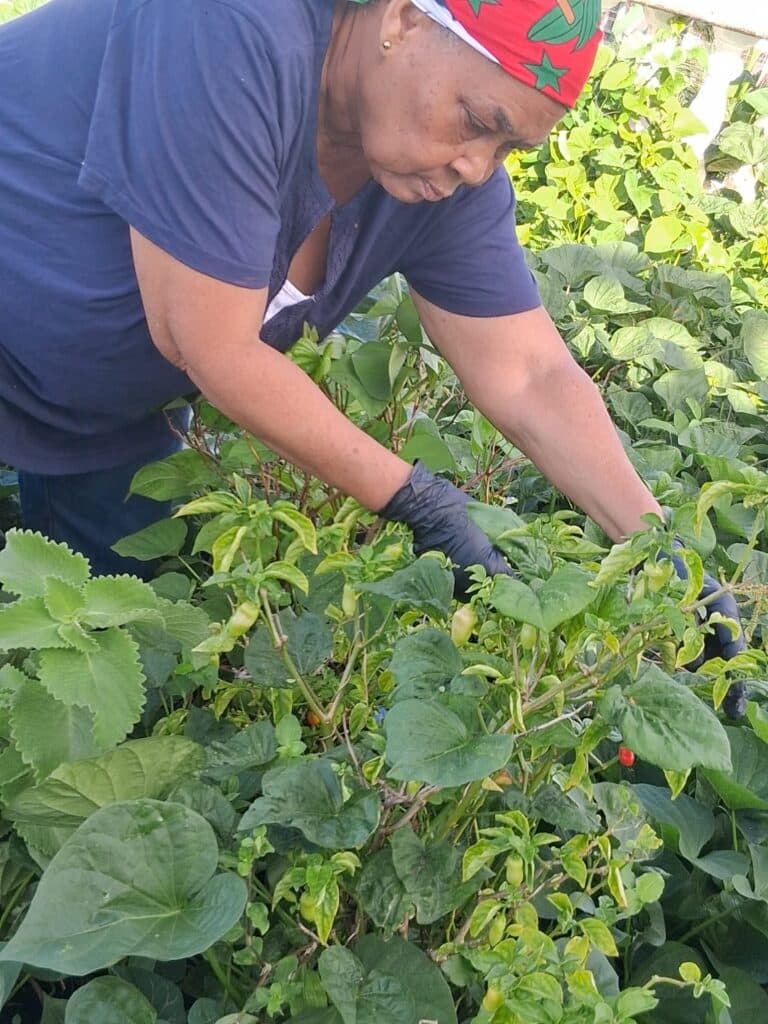The event was organized by the Embassy of Guatemala in Canada, Guatemala’s Network of Trade Commissioners, and IICA to provide information on the trade opportunities afforded by the North American country.

San Jose, 28 May 2021 (IICA). Exporters of agricultural products from Guatemala in search of new markets were provided with information on the opportunities to export to Canada and the multiple trade options afforded by the country.
Guidance was provided during a virtual event organized by the Embassy of Guatemala in Canada, Guatemala’s Network of Trade Commissioners, and the Canadian Delegation of the Inter-American Institute for Cooperation on Agriculture (IICA).
The more than 58 participants attending the meeting learned about the preparation they would need to negotiate with buyers abroad, how to identify trade opportunities in Canada, especially the top agricultural products in demand in the country, and trade and sanitary regulations for entry to the Canadian market.
Daniel Rodríguez, Manager of IICA’s International Trade and Regional Integration Program, gave recommendations for the different stages—from preparation and development of negotiations to drafting the contract and starting the business relationship—so that the exporters could be prepared to negotiate with potential buyers.
“One of the biggest challenges that [the exporters] face when negotiating with a buyer is that they don’t always have all the answers that the buyer expects, which would streamline their export process”, stated Rodríguez.
To that end, he explained that it is essential that exporters define their “business objectives in the target market, the characteristics that set their products apart, their export supply, packaging specifications, product delivery times, and payment method”. Other key aspects include ways to penetrate the market, the market segment, and geographic location.
“It’s also very important to be prepared for the questions that will be asked and to know what types of questions to ask potential trade partners, as well as to define an agenda to facilitate the negotiation”, added the IICA specialist.
Canadian consumer demands
Marysabel González, Director of Trade Support Services for Latin America and the Caribbean at TFO Canada, described the Canadian consumer profile and the types of fresh produce in demand in that market. “Guatemala has huge potential and an opportunity to be a consistent supplier of these foods”, she expressed.
Regarding Canadian consumers, González explained that “they are well informed and demanding; they have buying power, but know how to spend and get added value for their investment; they are increasingly multicultural due to immigration; are techno-savvy and make extensive use of technology”, all of which makes e-commerce critical. Moreover, “they are very environmentally conscious and care about their health”.
“They look for healthy products that are low in fat and sugar, high in fiber, organic, allergen-free (nut and peanut free), gluten free, vegetarian, and easy to consume, with recycled packaging, as well as frozen fruits and vegetables, non-genetically modified products, and halal and kosher products”, she added.
As mentioned during the event, Canada imports between 75 and 80% of its fresh produce. The most consumed fruits are berries, bananas, apples, grapes, and oranges. Mango and pineapple are among the most consumed tropical fruits, while avocado consumption has increased by 350% over the last decade.
In terms of the most exported agricultural products from Guatemala to Canada in 2020, banana, sugarcane, unroasted, non-decaffeinated coffee, cantaloupe, watermelon, beans, peas, and carrots topped the list. The leading destination provinces were Ontario, Quebec, and British Columbia.
At the event, Jaime Bustamante, Trading Assistance Manager at the Fruit and Vegetable Dispute Resolution Corporation (DRC), commented on the trade and sanitary regulations, logistics, and certifications that would need to be met by the exporters, where product quality and safety are key.
Moreover, Roberto Castañeda, exporter at Planesa S.A. in Guatemala, shared his experience over the four years he has been exporting products like berries, raspberries, and vegetables, to the North American market.
“We’ve found a very attractive and special market. We’re in a good position – 30 to 40% of vegetable exports are going to Canada, a market that seeks quality, service, timely delivery, and that has shelves that are never empty. They’re very environmentally friendly and focused on recycling and reusing materials, such as pallets and boxes, even smaller packaging; they’re a loyal client”, stated Castañeda.
“Trade is essential to the Canadian economy – one in every six jobs is directly related to exports. In 2019, Guatemala was thirteenth on the list of receivers of imports in terms of value in the world, creating a huge opportunity for the country to supply this market. However, it’s important for the Guatemalan businessperson to know the particulars of the Canadian market to better plan their export projects to Canada. That’s why this event is so helpful”, concluded Guisela Godinez, Ambassador of Guatemala to Canada.
The virtual event was chaired by Jean-Charles Le Vallée, IICA Representative in Canada, and included the participation of Marcia Méndez, Trade Commissioner at the Guatemalan Embassy in Canada, and María Olga Santiesteban, Director of International Economic Policy with Guatemala’s Ministry of Foreign Affairs.
More information:
Jean-Charles Le Vallée, IICA Representative in Canada.
iica.ca@iica.int











